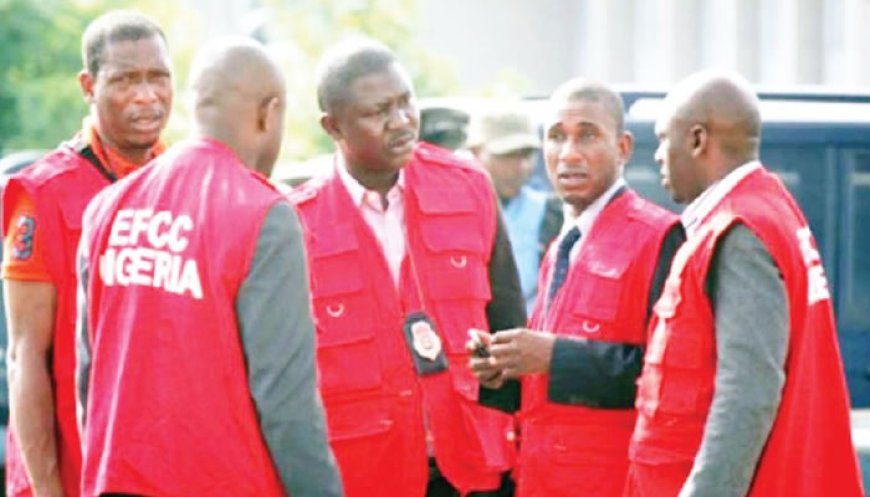FIRS taps EFCC to enforce tax compliance

The Federal Inland Revenue Service has said that the Economic and Financial Crimes Commission is key in its drive to enforce voluntary tax compliance.
According to a statement from the service on Tuesday, the FIRS Executive Chairman, Dr. Zacch Adedeji, said this during a courtesy visit to the EFCC headquarters in Abuja.
The newly signed Tax Acts will go into effect in January 2026. The new laws transform FIRS into the Nigerian Revenue Service.
During the visit, the two agencies renewed their commitment to collaborate more in order to strengthen Nigeria’s tax compliance framework and safeguard public revenue.
Adedeji also emphasised the importance of inter-agency cooperation in sustaining financial stability and building trust in Nigeria’s revenue system.
“We cannot pursue 200 million Nigerians individually to do the right thing, but we want to put a system in place that will aid compliance,” said Adedeji.
“You can help us by letting people know that when they violate the law, there is a place you can keep them. On behalf of the President and Nigerians, we thank you for your support and seek even deeper cooperation,” he added.
Adedeji explained that compliance would only improve if Nigerians saw tangible results from taxes, saying, “The main advertisement of voluntary compliance is when people begin to see what we use the money we collect for. In achieving that goal, you are critical, not just in arresting defaulters but in supporting our Department of Fraud Risk, Assessment and Control to ensure value for money.”
He credited Nigeria’s success in meeting its revenue target to preventive strategies and partnerships with agencies like the EFCC, saying the achievement was “a collective effort, not one by FIRS alone.”
Recall that President Bola Tinubu last week said that the Federal Government had met its revenue target for the year by August. Additional statements from the presidency indicated that about N20tn had been collected as revenue with the bulk of it coming from non-oil sources.
In his response, EFCC Chairman, Mr. Ola Olukoyede assured Adedeji of continuous collaboration.
“Collaboration is key. When they see EFCC beside FIRS, that will send a signal to the public that it is no longer business as usual,” he said.
Olukoyede pointed to a recent Court of Appeal judgement affirming EFCC’s authority to investigate tax fraud, a ruling he described as a major boost to their mandate.
“We are not assessors of tax liabilities, but we can investigate non-compliance and push assessment issues back to you. Our duty remains the prevention, investigation and prosecution of financial crimes. Synergy is therefore essential.”
Both leaders pledged to consolidate their working relationship, reinforcing preventive measures and voluntary compliance as pillars of Nigeria’s tax system.

 admin
admin 


